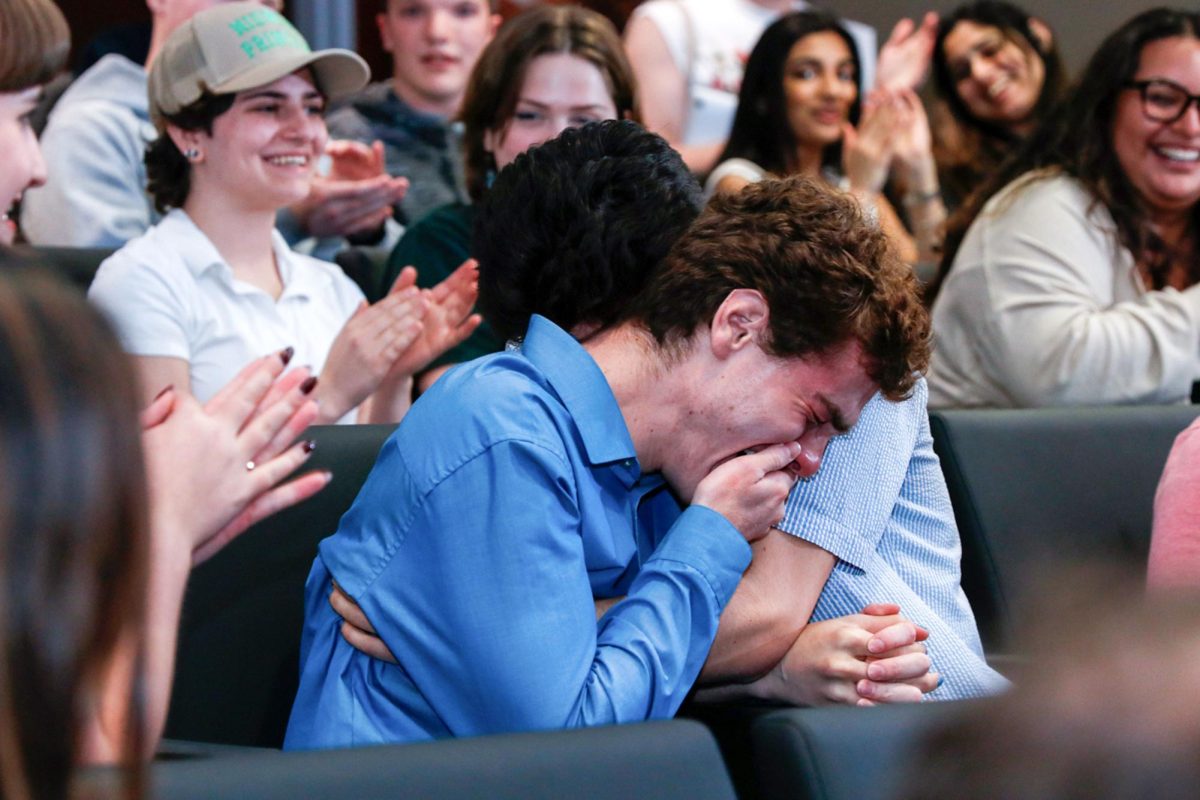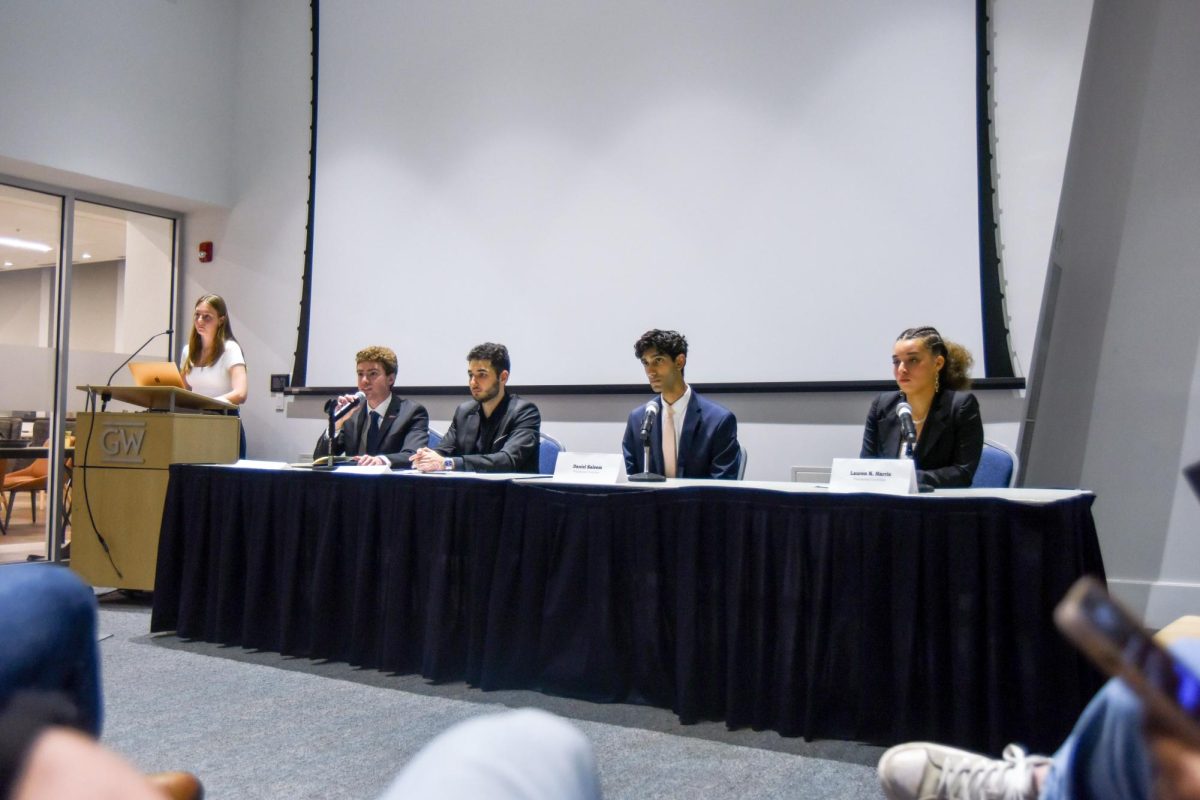Student Court judges held a public hearing Thursday for an ongoing case about the status of first-year Student Association Senate seats.
Witte v. SA, a case filed last April by then-SA Sen. AJ Link, Law-G, and Robert Witte, G-at-Large, concerns the rationale behind including two first-year seats – one undergraduate and one graduate – in the senate as part of efforts to increase first-year representation in the body. Judges questioned both sides about the court’s possible actions, like “completely” striking the SA constitution of designated first-year seats, and the relation between the rules of the Statement on Student Rights and Responsibilities handbook and the senate’s processes.
Students approved a referendum in the spring that created seats specifically allocated for first-year undergraduate and graduate students.
Witte, who is serving as the plaintiff, said the inclusion of first-year seats in the constitution “breaches representational equality” because it allows first-year undergraduate and graduate students to serve two semesters without needing to be elected by the student body.
First-year senate seats, which are filled in the fall by a senate vote, do not have voting rights in the senate and can be converted to undergraduate-at-large and graduate-at large seats, respectively, in a senator’s second semester in the body, according to the SA constitution. In the at-large seats, those senators can acquire voting rights, the constitution states.
Witte said the first-year senators amendment does not allow for a democratic election because the senate fills first-year seats in the fall instead of through a student body vote. He said the amendment allowing first-year senators should be eliminated or altered to include a more democratic process for selection.
“The Statement of Rights and Responsibilities specifically recognizes that the University recognizes the students’ right to elect representatives,” he said. “They don’t mention anything about appointing representatives.”
But Jean Hyun, the SA vice president for judicial and legislative affairs and the defendant, said allocating seats to first-year students “does not violate the charter” because its language states any group of students who represent less than half of the student body can be selected in a manor the SA sees fit. These groups will be chosen in a way to “create or preserve essential representation and equality,” she said.
She said multiple articles in SA governing documents outline the body’s powers to impose a system of “representative governance” that best fits all students.
Hyun said in a brief submitted to the court in September that the SA’s charter does not equate a method of representational governance to proportional representation.
“In fact, the SA is obligated to provide representation to inadequately represented groups of students because Article III of the charter requires them to make every effort to meet the needs of the students,” Hyun said at the hearing.







